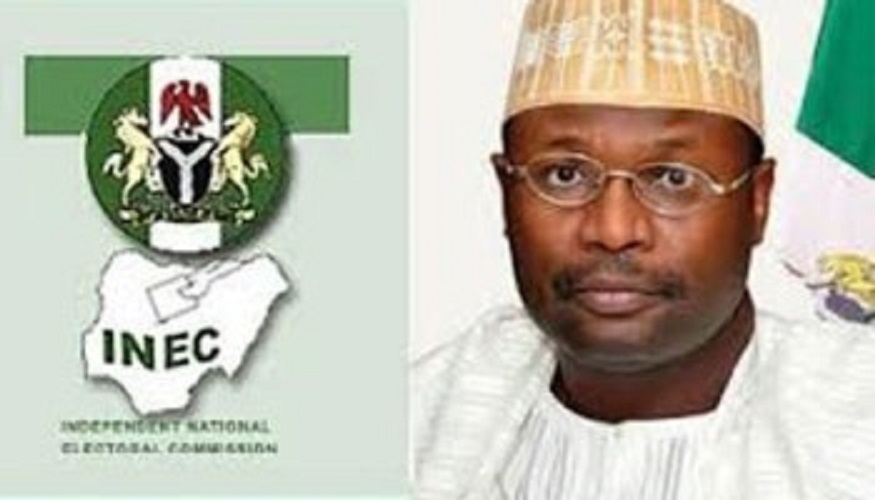We are disappointed by the decision of the Independent National Electoral Commission (INEC) to postpone the 2019 general elections as announced in the early hours of this morning.
INEC’s shocking announcement has far-reaching consequences on the integrity of the elections, the confidence of citizens on its abilities and could potentially dampen the enthusiasm of millions of Nigerians who have eagerly waited and prepared to participate in the today’s elections.
Many Nigerians have traveled to their voting centers to participate in the elections. There is now an open question on whether they would be willing to return to their bases only to make the trip again in a few days in order to exercise their civic duties. Likewise, we at The Election Network have also prepared extensively, training and deploying staff across the country to observe and participate in the national exercise. We know that this also applies to other civil society organizations and international bodies who have been preparing to take part in the elections for a while.
We do not think that INEC’s reasons for postponing the elections are as valid as the commission seems to believe. In fact it reflects terribly on it. INEC has had four years to do just one job, that is, to hold a smooth and credible election deemed free and fair by all involved. The fact that it waited until the morning of the elections to announce the postponement is an indictment on the capacity of its leadership.
However, we recognize that this decision by INEC was heavily influenced by state actors and external forces that might have been beyond the control of the commission. A number of issues that we have been monitoring had already pointed to the fact that it would have been impossible to hold elections in several parts of the country. Some of which include:
• Widespread arsonist attacks on INEC assets; Imo, Plateau, Anambra, which led to the destruction of sensitive and non-sensitive materials, including smartcard readers, PVCs.
• The suspicious disappearance of ballot materials in places like Niger State.
• The inability to deliver sensitive materials in several locations by the Central Bank of Nigeria was observed (some planes could not land due to weather conditions at several airports as a result of weather problems).
• Under 24 hours to the elections, it was reported that both sensitive and insensitive materials were yet to arrive some states including, Taraba, Edo, and Ekiti.
• Viral images on social media of stranded electoral officers including corps members and students who allegedly had not received instructions.
• Uncertainty around the conducts of elections in volatile regions.
• Several other reports that casted doubts over INEC’s ability to deliver on the elections
All of those factors make it impossible for us to, in good faith, absolve the federal government of responsibility for the postponement. There seems to be a consensus among several analysts that some of the actions point to sabotage. It is hard to prove that the several arsonist attacks a few days to the elections were not coordinated and carefully choreographed.
The security agencies owe us answers as to why important targets, such as INEC’s facilities were left vulnerable to attacks with little or no resistance.
While we await the formal statement of INEC addressing this development, we need to categorically state that no excuse would suffice. We, like many other stakeholders in and out of the country, are watching.







